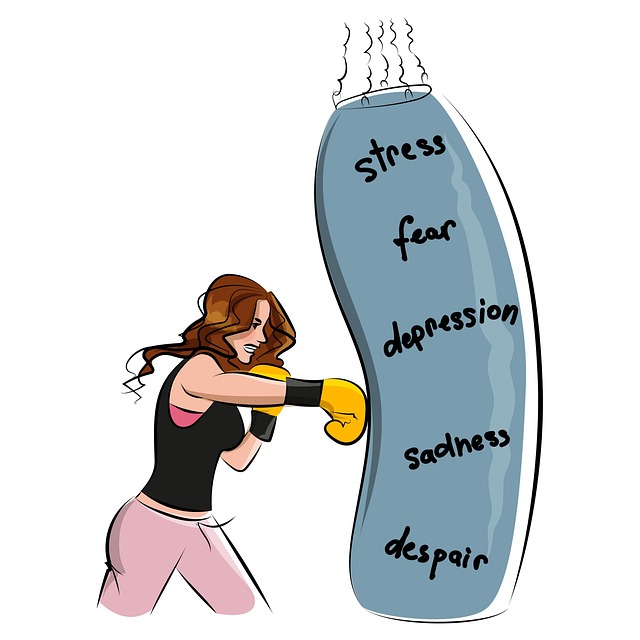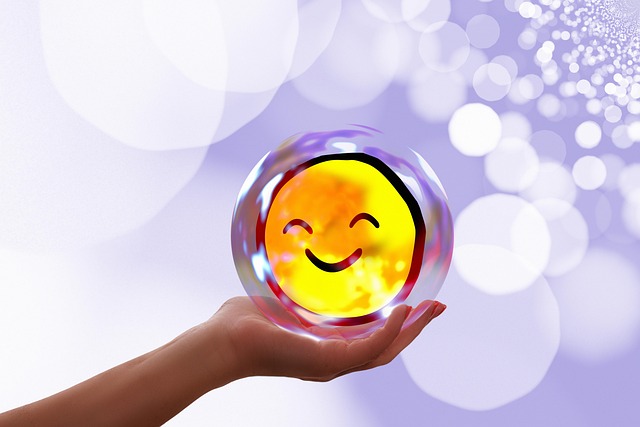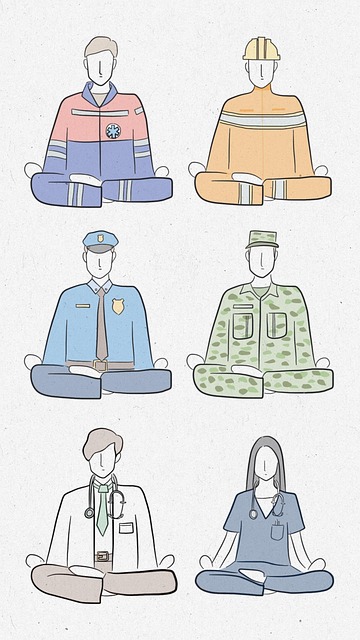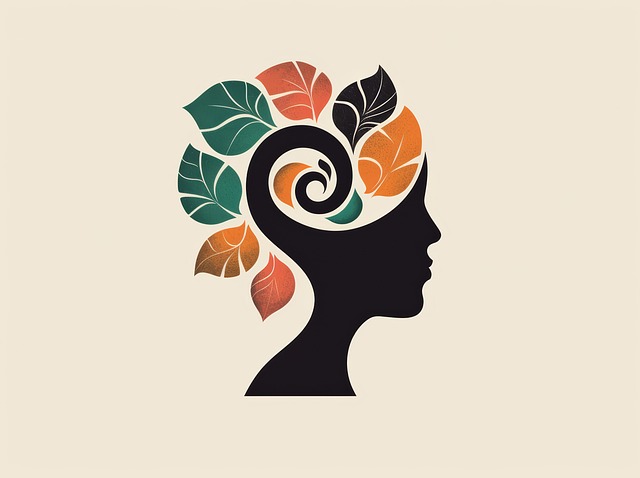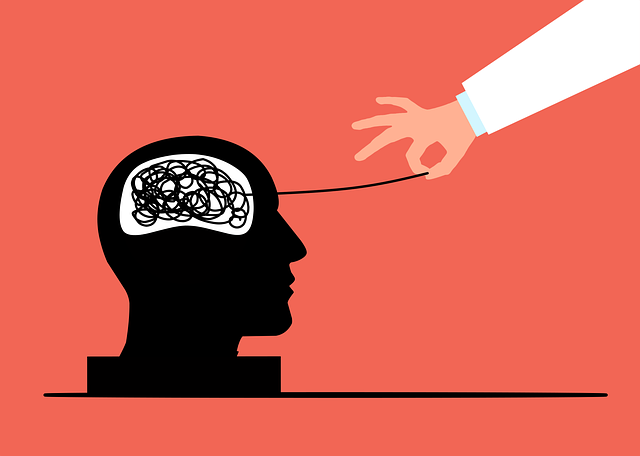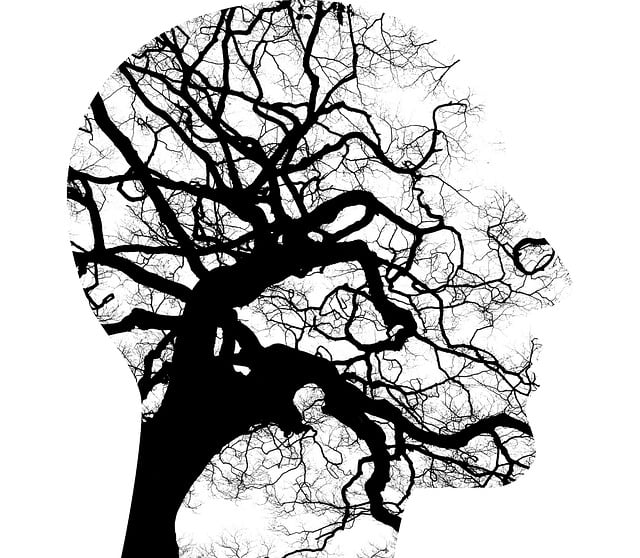Mindfulness meditation emerges as a powerful therapy for both elderly individuals and first responders, addressing their unique challenges. For elders, it enhances resilience and self-awareness by navigating age-related physical limitations in the present moment. First responders find mindfulness workshops invaluable in managing stress and preventing burnout, improving their calmness and response strategies in high-pressure situations. Regular mindfulness reduces anxiety, depression, and stress while cultivating emotional intelligence and positive thinking, ultimately fostering community support and strengthening social connections for better coping strategies. Integrating 10-minute mindful breathing exercises into daily routines can significantly reduce stress among therapy clients, serving as a valuable risk management tool for mental health professionals working with these populations.
Mindfulness meditation is a powerful tool with proven benefits for elderly individuals and first responders, offering a therapeutic approach to manage stress and enhance mental well-being. This comprehensive guide explores how mindfulness can be adapted for these unique populations, focusing on practical steps to integrate daily mindfulness practices. From understanding the fundamentals of mindfulness to reaping its therapy advantages, this article equips readers with valuable insights to embark on their journey towards inner calm and improved quality of life, specifically catering to the needs of elders and first responders.
- Understanding Mindfulness Meditation for Elderly and First Responders
- Benefits of Mindfulness Practice: A Therapy Approach
- Practical Steps to Integrate Mindfulness into Daily Routines
Understanding Mindfulness Meditation for Elderly and First Responders

Mindfulness meditation has gained significant attention as a powerful therapy for both elderly individuals and first responders, offering unique benefits for their mental health and overall well-being. For elders, navigating the challenges of aging and potential physical limitations can be daunting, but mindfulness provides a gentle and effective approach to enhance resilience building and self-awareness exercises. It allows them to focus on the present moment, cultivating peace and improving stress management skills.
Similarly, first responders often face traumatic events, requiring robust tools for emotional resilience. Mindfulness meditation workshops organization has proven to be an invaluable asset in helping these brave individuals manage stress and prevent burnout. Through regular practice, they can develop a deeper sense of calm, enhance their ability to respond rather than react in high-pressure situations, and improve overall mental health and coping strategies.
Benefits of Mindfulness Practice: A Therapy Approach

Mindfulness meditation practice has gained significant recognition as a powerful therapy approach for both personal growth and professional support. For elders and first responders, who often face unique challenges such as trauma, stress, and mental health issues, mindfulness offers a transformative tool. This ancient technique encourages individuals to focus on the present moment, cultivating awareness of thoughts, feelings, and bodily sensations without judgment. By doing so, it fosters emotional intelligence—a key aspect of mental health policy analysis and advocacy, promoting positive thinking and resilience.
Regular mindfulness practice has been linked to reduced symptoms of anxiety and depression, improved stress management, and enhanced overall well-being. For first responders, in particular, it provides a means to process traumatic experiences and prevent burnout. The benefits extend beyond individual therapy; mindfulness can be practiced collectively, fostering a sense of community support and strengthening social connections. This collective approach is crucial for addressing the unique mental health challenges faced by both elders and first responders, ultimately contributing to improved emotional intelligence and better coping strategies in their daily lives.
Practical Steps to Integrate Mindfulness into Daily Routines

Integrating mindfulness into daily routines can be a transformative practice for everyone, especially therapy for elders and first responders dealing with high-stress levels. Start by dedicating just 10 minutes each day to mindful breathing exercises. Choose a quiet space where you won’t be disturbed; set a timer if needed. Focus on your breath, noticing the sensation of air flowing in and out. This simple act can significantly reduce stress and anxiety over time.
Consider incorporating mindfulness throughout your day for enhanced coping skills development and resilience building. For instance, when performing mundane tasks like eating or walking, bring your full attention to the experience. Notice the flavors, textures, and sounds during meals; pay attention to each step while walking, feeling the ground beneath your feet. This mindful approach not only improves overall well-being but also serves as a powerful risk management planning tool for mental health professionals, helping them stay present and effective in their work with clients.
Mindfulness meditation offers a powerful therapy approach for both elderly individuals and first responders, helping them navigate stress and improve overall well-being. By integrating practical steps into daily routines, one can foster a sense of calm and resilience, benefiting mental health and quality of life. This ancient practice, adapted for modern challenges, provides a simple yet effective tool to enhance coping mechanisms, especially in demanding professions and aging populations.
